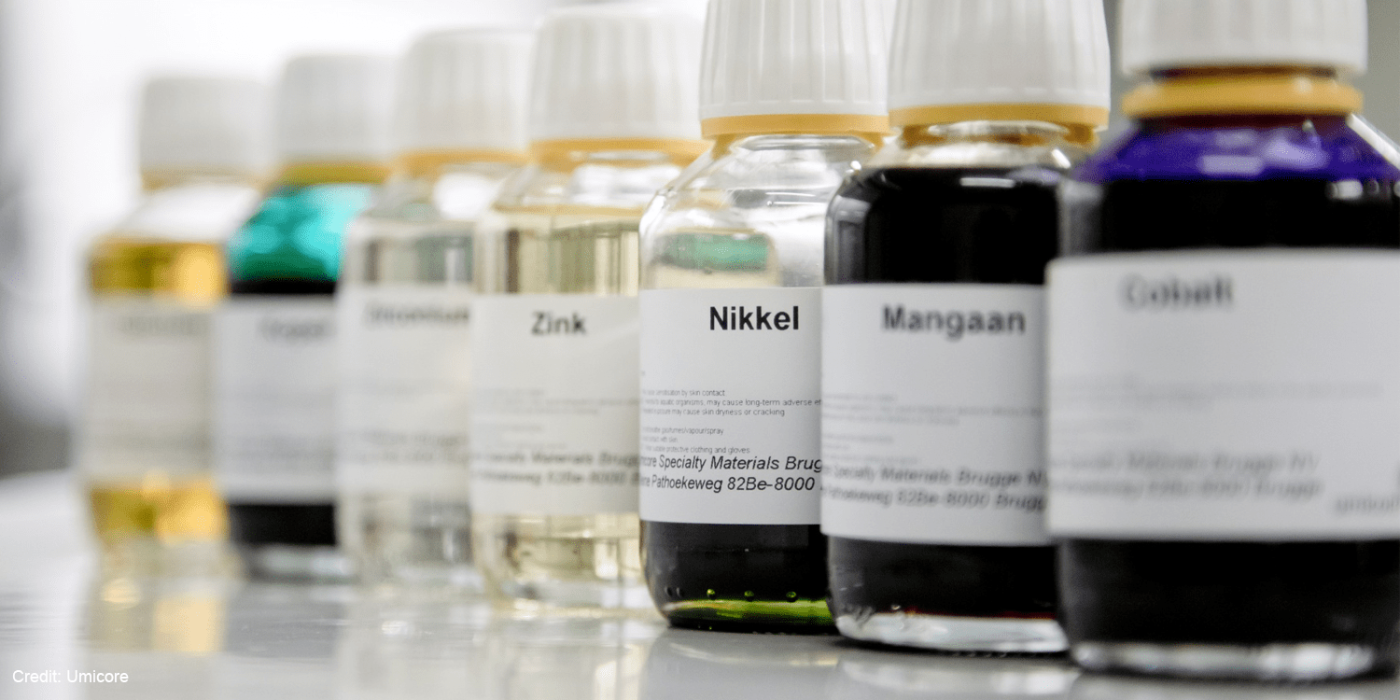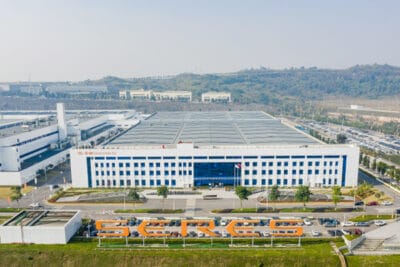Faraday Institution invests in battery research
The Faraday Institution has awarded a total of £29 million to six research projects in Birmingham. All projects are working on battery recycling research projects.
One funded project is the Reuse and Recycling of Lithium Ion Batteries (ReLIB) project, which is working on recovering critical material from old EV batteries. According to the researchers, the method developed uses ultrasonic waves to separate valuable material from the electrodes, which is 100 times quicker, greener and leads to higher purity of recovered materials relative to current separation methods.
Researchers from the universities of Edinburgh, Imperial College London, Leicester, Newcastle and University College London are also working on the ReLIB project. According to a statement from the University of Birmingham, “in the next five years, ReLIB researchers will develop, improve and scale technologies, and are looking for long-term commercial partners to participate in pilot studies, incorporate these technologies in their existing processes, or collaborate on further research.”
Other funded projects include one using modelling to understand the mechanisms of degradation of lithium-ion batteries containing high Ni-content NMC and graphite, and one about battery modelling, said to “enable battery makers to improve designs and performance without creating expensive prototypes to test every new material, or new type and configuration of the cells.
The fourth project, in which the University of Birmingham is involved, is the so-called PyBaMM (Python Battery Mathematical Modelling) project. Written in the programming language Python, the open-source battery simulation package aims to “accelerate battery modelling research by providing open-source tools for multi-institutional, interdisciplinary collaboration.”
The Faraday Institution is an independent institute for electrochemical energy storage research in the UK. According to its website, it works with scientists and other partners “on projects with commercial potential that will reduce battery cost, weight, and volume; improve performance and reliability, and develop whole-life strategies including recycling and reuse.” The institute has invested in research concerning battery recycling on several occasions.
birmingham.ac.uk, faraday.ac.uk (battery degradation), faraday.ac.uk (battery modelling), pybamm.org (PyBaMM)





1 Comment